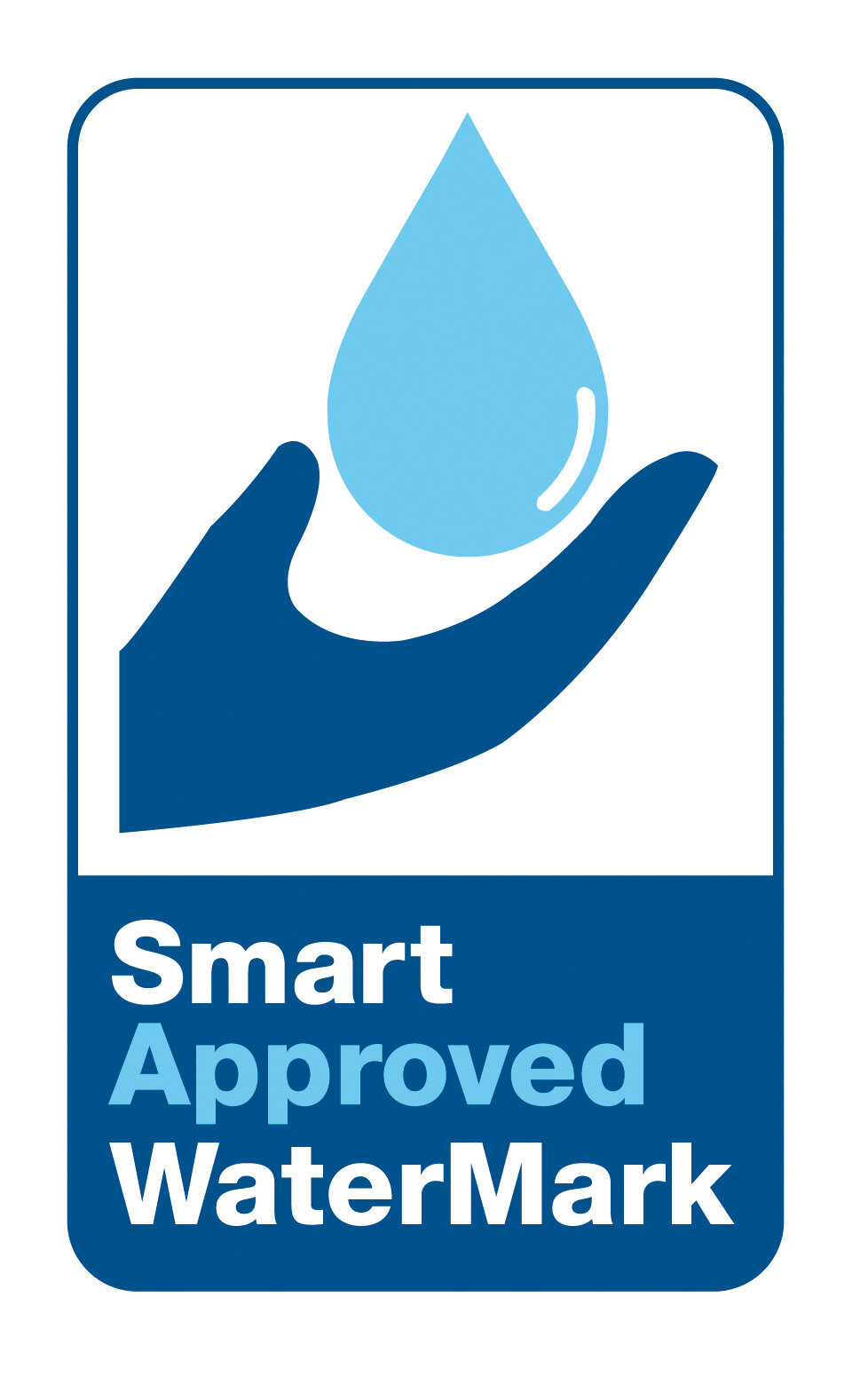A big complaint in men’s restrooms is that they often have a “urine smell” that fouls the air. Invariably, fingers start pointing at the urinals, be they flushed or no-water urinals, claiming they are the source of the problem.
But are they?
Contracting Profits, a leading publication for the professional cleaning industry, asked three cleaning experts their thoughts on the matter. Here’s what they had to say:
1. “The urine smell in restrooms typically is generated by urine that ends up in places other than the bowl [referring to a toilet or urinal],” says Jarret Chirafisi with Amrep Inc., a manufacturer, and marketer of maintenance and cleaning solutions for distributors. He goes on to say that the urine, “be it on fixtures or the floor and baseboards [of the restroom], becomes a feeding ground for bacteria. The resulting combination, coupled with time, never smells good.”
In other words, Chirafisi does not believe urinals have anything to do with urine smell in a restroom.
2. Nicole Livingston, with Rochester Midland, a major manufacturer in the professional cleaning industry, believes odor-causing bacteria use urine as a food source. “Bacteria can penetrate porous surfaces, grout, even etched porcelain causing odor issues in restrooms not maintained properly.”
Once again, our expert believes the urine odor in restrooms is likely coming from floor and possibly wall surfaces, but not necessarily the urinals.
3. “Urine odor problems in restrooms often comes from spills on the floor,” says Jason Welch, a microbiologist with Spartan Chemical Company, one of the cleaning industries largest manufacturers of cleaning solutions. “[And] other factors will cause odor issues in a restroom such as the normal bacteria found on the floor. These organisms can use the urea, protein, and carbohydrates [found in urine] as a food source and produce byproducts, which our noses perceive as foul.”
So, we have three cleaning experts from three very respected companies that believe the urine odor found in men’s restrooms is coming from the floor. So why are urinals often viewed as the target, especially no-water urinals?
Well, one answer for this is, very simply, that’s usually where the urine is. And when it comes to no-water urinals, because the urine is not flushed away, it is believed it builds up on the urinal’s surface, producing a bacteria that release an odor.
What is often overlooked in this belief is the fact that bacteria needs moisture to survive. No-water urinals tend to be dry, making it very hard for bacteria to survive. Which also helps make them more hygienic
However, we must admit, no-water urinals can produce odor problems, if their liquid seal is not maintained correctly or if they are not cleaned and maintained correctly. They can be cleaned just like traditional water-using urinals, using a cleaning solution and then wiping clean the urinal.
But this is not necessarily the best way to clean no-water urinals. There are products now available that effectively clean the urinal without wiping. The cleaning solution breaks down bacteria and organic matter, eliminating the possibility of odors while leaving the urinal clean and shiny.
If odor problems are an issue in your restroom, and if no-water urinals are installed, take some time to find the real odor causing culprit. It’s likely right there under your feet.
For more information on keeping restrooms clean, healthy, and odor free, contact a Waterless Co representative.











